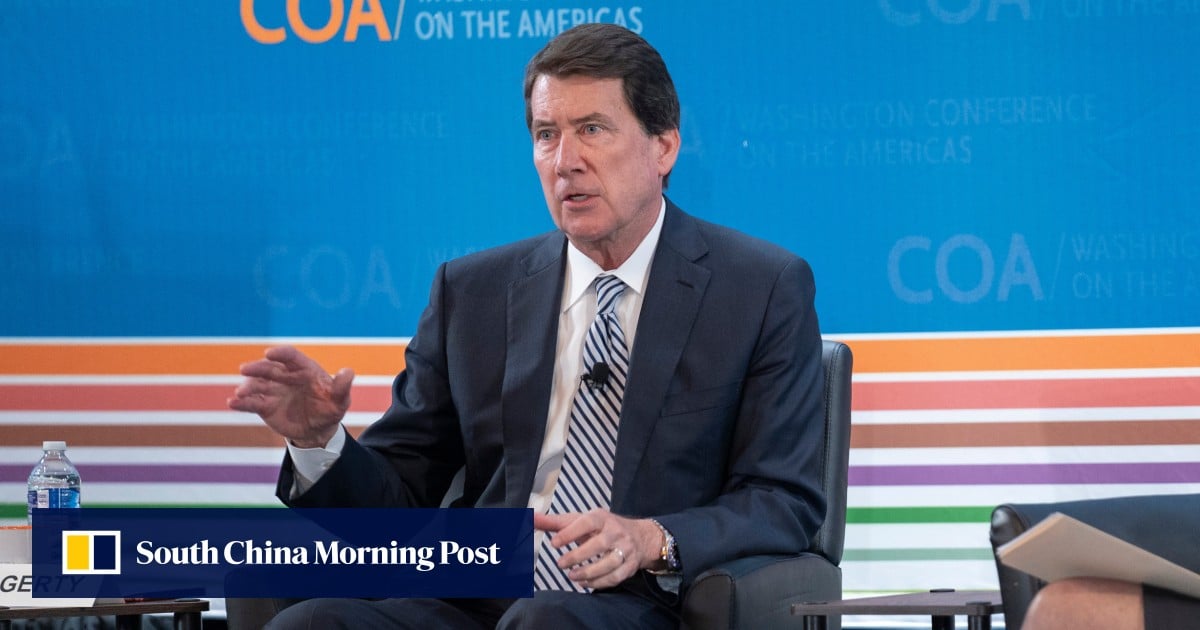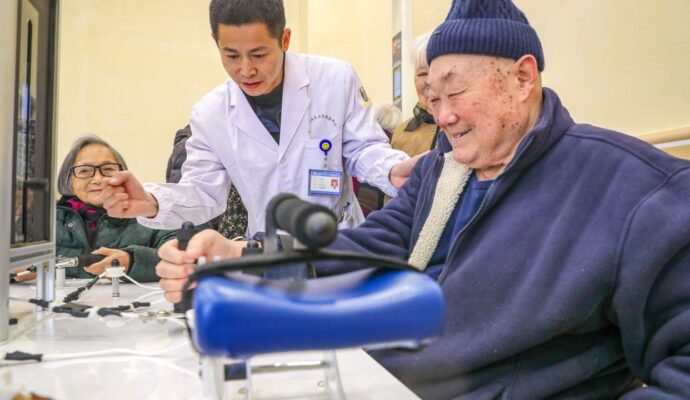
US President Joe Biden’s administration has also been cool to the idea of countering China by re-engaging with CPTPP members, and has offered his Indo-Pacific Economic Framework instead.
The framework, which has been attacked by some lawmakers for having no market access component, aims to improve environmental and labour standards as part of what the administration calls a “worker-centred” trade policy.
Twelve nations, mostly in Southeast Asia, joined the pact when the administration announced it last year. Canada announced that it would join months later.
Hagerty and others against renegotiating into CPTPP are pitted against lawmakers, Democrat and Republican, who are more open to discussing an entry to the trade bloc, to help companies with supply chains running through China source their products elsewhere.
On March 31, after two years of negotiations, Britain became the first European and non-founding member to join the CPTPP since it was formed in 2018. Other members are Australia, Brunei, Canada, Chile, Japan, Malaysia, Mexico, Peru, New Zealand, Singapore and Vietnam.
China’s commerce ministry said in October that it was “reaching out to, communicating and talking with” CPTPP members in accordance with the trade deal’s accession procedure, the country’s Ministry of Commerce said.
Beijing’s former top trade negotiator Long Yongtu has fought back against claims that the central role of state-owned companies should disqualify China as a CPTPP candidate by noting that Singapore and Vietnam also have many such enterprises.
Hagerty said the US needed more agreements with reciprocal market access, and promoted the US-Japan Free Trade Agreement as an example of what the US government should be focused on.
Under the terms of that accord, the US reduced or eliminated 241 tariffs on mostly industrial goods, including machine tools and steam turbines, as well as some niche agricultural products, such as green tea. Japan did the same for about 600 agricultural products including beef, pork and cheese.
“The underlying theme has to be reciprocity,” Hagerty said. “It can’t be just about opening up for the US market and making our companies more vulnerable.”
“We have to have … a two-way opportunity, and I think that’s the lens that we need to look at any trade, whether it’s the CPTPP or any other sort of multilateral [trade deal],” he added. “They’re hard to do.”


